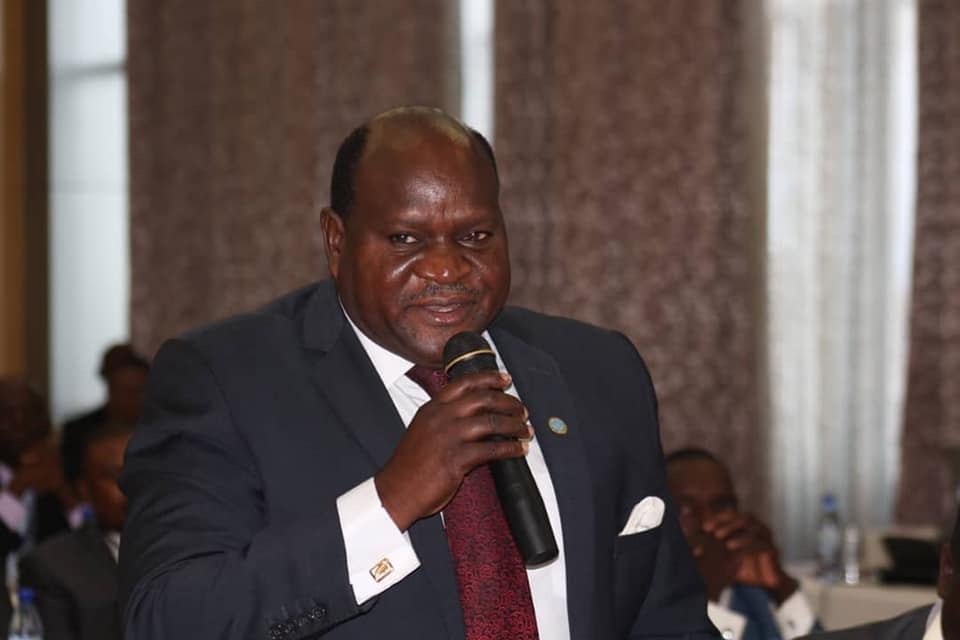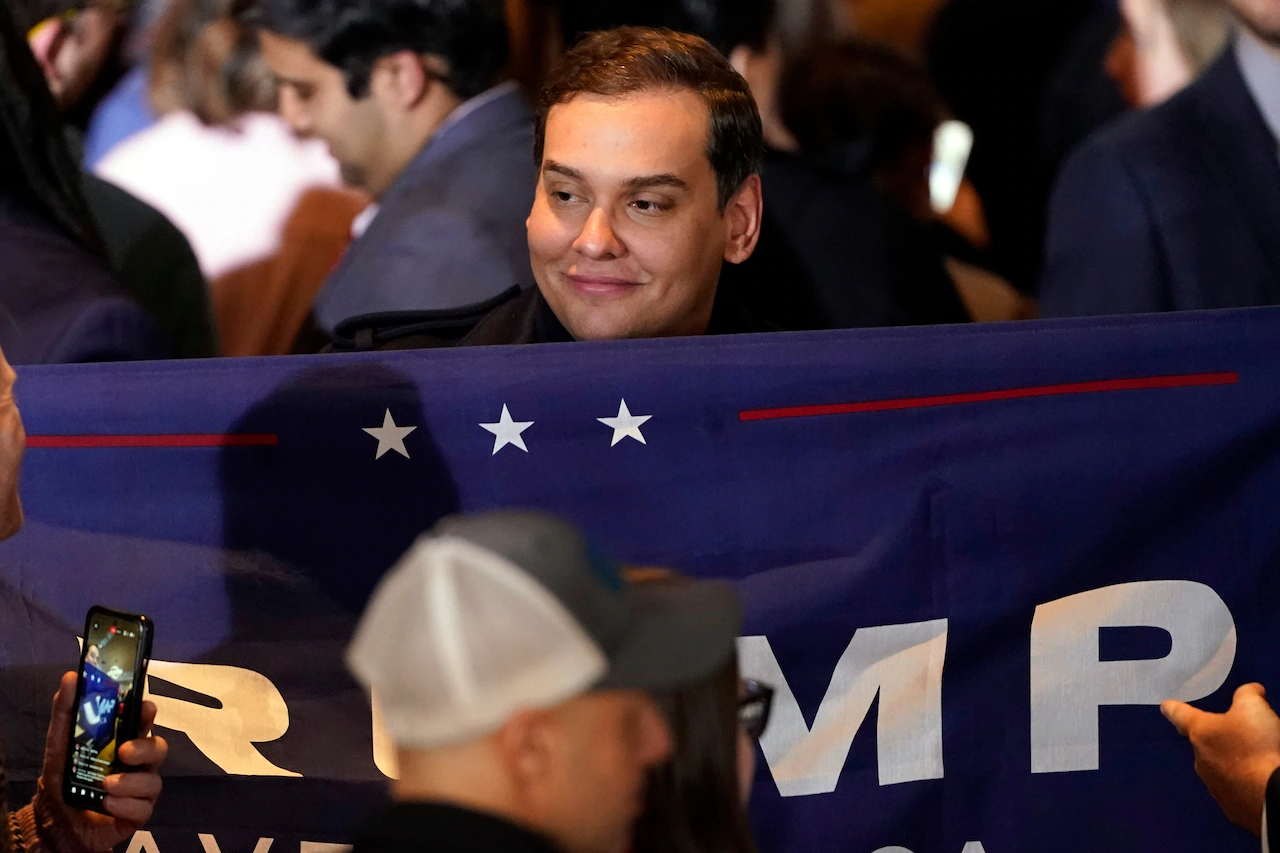Copyright mwnation

On Wednesday, 224 members of Parliament, who will swear in on Monday and Tuesday will elect a Speaker and two deputies. Our Staff Writer KONDWANI KAMIYALA talked to former speaker of the National Assembly Henry Chimunthu Banda on the attributes for a speaker. Excerpts: Q. How did your election come as Speaker of Parliament in June 2009? A. My nomination stemmed from my prior role as Leader of the House from 2004 to 2009, where I managed contentious issues like the Budget versus Section 65 and the attempted impeachment of President Bingu wa Mutharika. These challenges disrupted proceedings and required firm leadership. In June 2009, Mutharika as the President of the Democratic Progressive Party (DPP) presented my name to DPP MPs for support. To my surprise, I was elected unopposed during the Chamber vote. Q. Did you ever consult former speakers like Davis Katsonga and Louis Chimango when discharging your duties? A. Yes, frequently. A new Speaker is encouraged to connect with predecessors and peers across the Commonwealth to draw from their experience. The role often presents complex situations that benefit from the wisdom of those who have held the office before. Q. With no specific qualifications for becoming Speaker, what is needed? A. No law, Constitution, or Standing Order outlines qualifications for the Speakership. While the office resembles that of a Judge, most Commonwealth countries do not restrict it to legal professionals. Parliamentary experience is key—years in the House and holding leadership roles confer the status of primus inter pares “first among equals”), earning deep respect for the officeholder. Legal knowledge is helpful but not essential. Q. How did your background as a teacher help you manage debates with calm and discipline? A. Teaching instilled in me the habit of reading widely—a trait I adopted from senior MPs like Dr. Cassim Chilumpha, the late Aleke Banda, and Justin Malewezi. This habit helped me publish Malawi Parliament: Origins, Reforms and Practices in 2014. Like a teacher in class, a Speaker must respond swiftly and authoritatively to unfolding issues, using House rules or humor to defuse tension. Q. What are the key attributes of an effective Speaker? A. The office embodies prestige, dignity, and authority, reflected in its traditions and ceremonies. The Speaker represents the House in its powers and proceedings and is considered i t s conscience. T o succeed, one must be fair, independent, decisive, patient, and occasionally humorous, with an intuitive grasp of the House’s shifting moods. Q. You resigned as DPP Secretary General shortly after becoming Speaker. Why? A. Our laws don’t prohibit a Speaker from holding political office, but practices vary. Guided by President Mutharika, I handed over the Secretary General role to Hon. Binton Kutsaira. Impartiality must not only be practiced but also visibly upheld. It’s a cornerstone of democratic parliament and vital to preserving the dignity of the House. We believed stepping down was morally right. Q. How difficult is it for a Speaker to balance rules with the interests of their sponsoring party? A. It’s a tough balancing act. Sometimes, the Government side may push for its interests over House rules. However, the Speaker must uphold those rules impartially, even if it displeases their party. In times of disorder, the Speaker must act as a non-partisan arbiter, enforce rules, and issue objective rulings that become part of parliamentary precedent. This may ruffle feathers, but the Speaker must always consider the legacy they wish to leave. Q. You became Speaker four years after the death of Rodwell Munyenyembe, with Louis Chimango serving in between. Did that episode make you hesitant? A. The period surrounding Speaker Munyenyembe’s death was traumatic. It was marked by intense conflict between the newly formed DPP and the opposition UDF and MCP. The House saw frequent suspensions, adjournments, and heated Business Committee meetings—of which I was part as Leader of the House. Political tensions were high. Accepting the Speakership in the next cohort was daunting. But history shows that parliamentary democracy, especially in the UK, has always been high-risk. Many Speakers faced royal wrath for defending the House, and some paid with their lives. To honour these risks, Commonwealth Parliaments maintain a tradition where the Speaker-elect shows mock resistance when escorted to the chair—a symbolic gesture that has endured for centuries.



